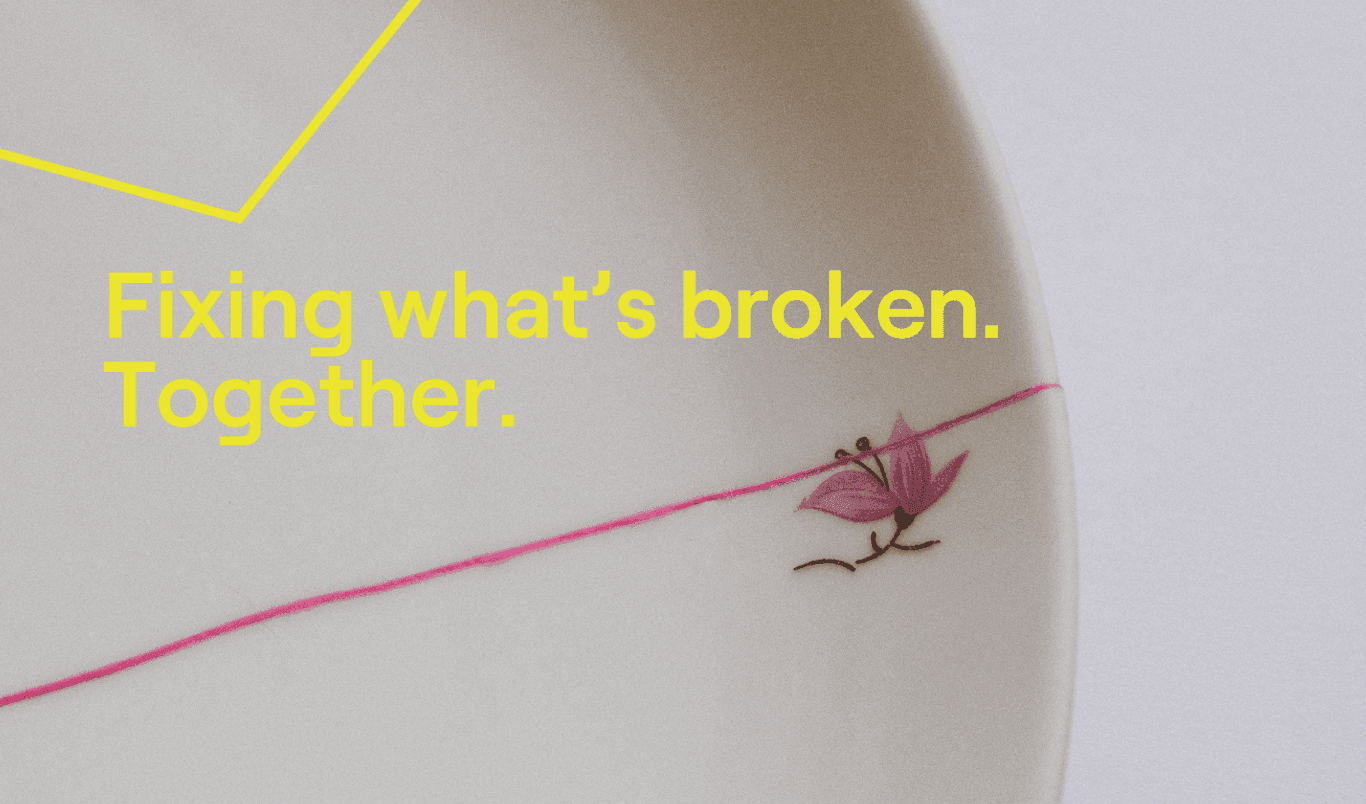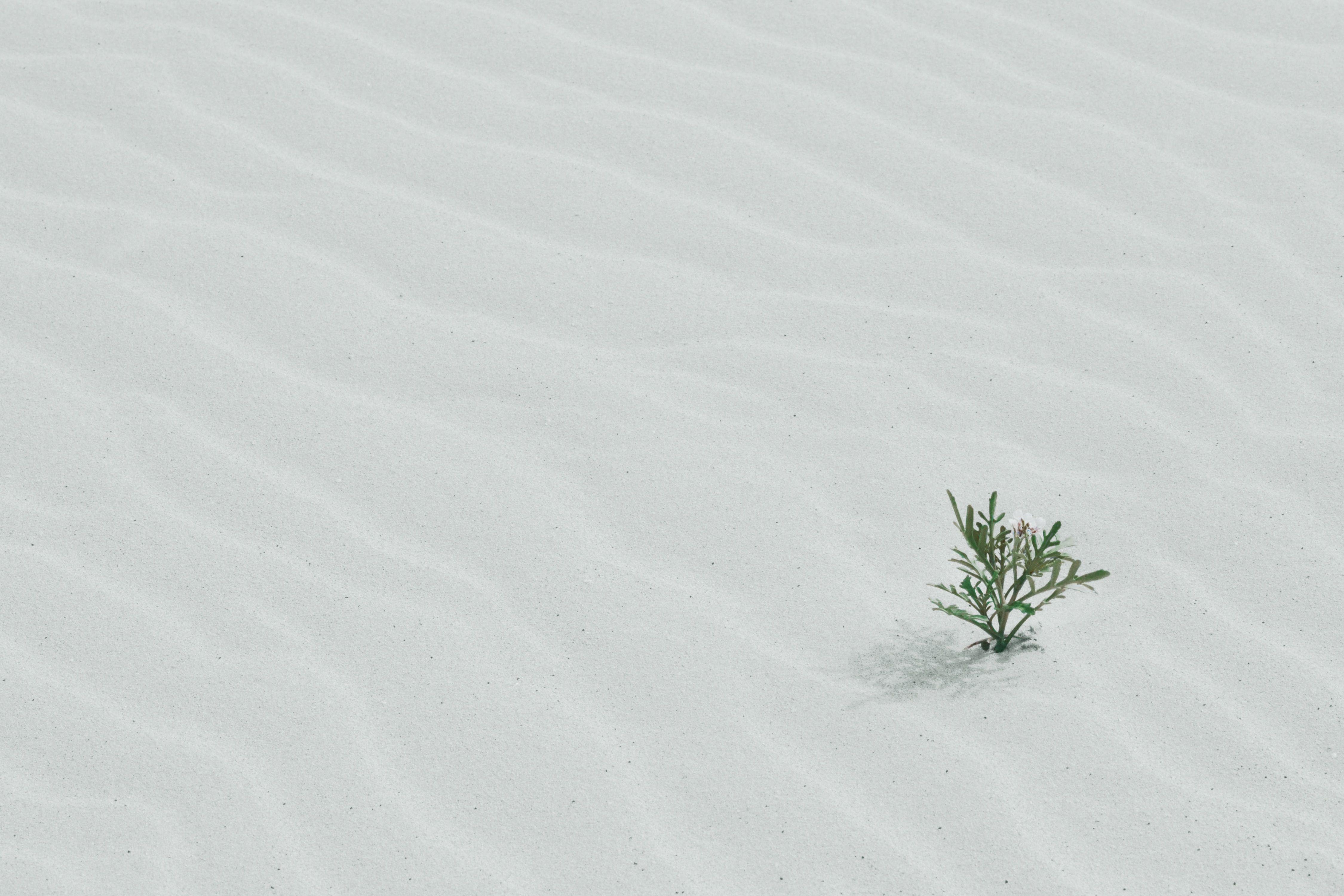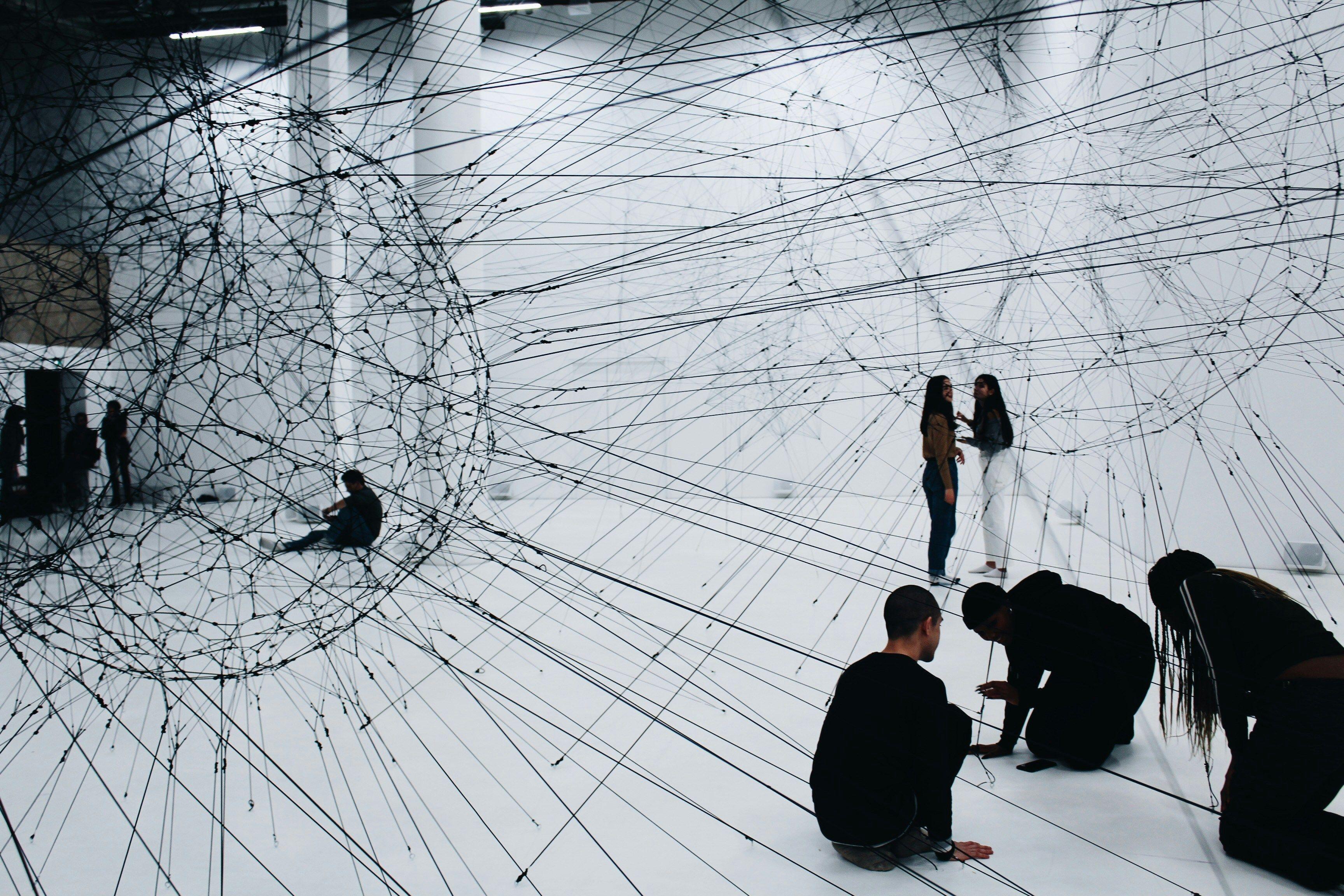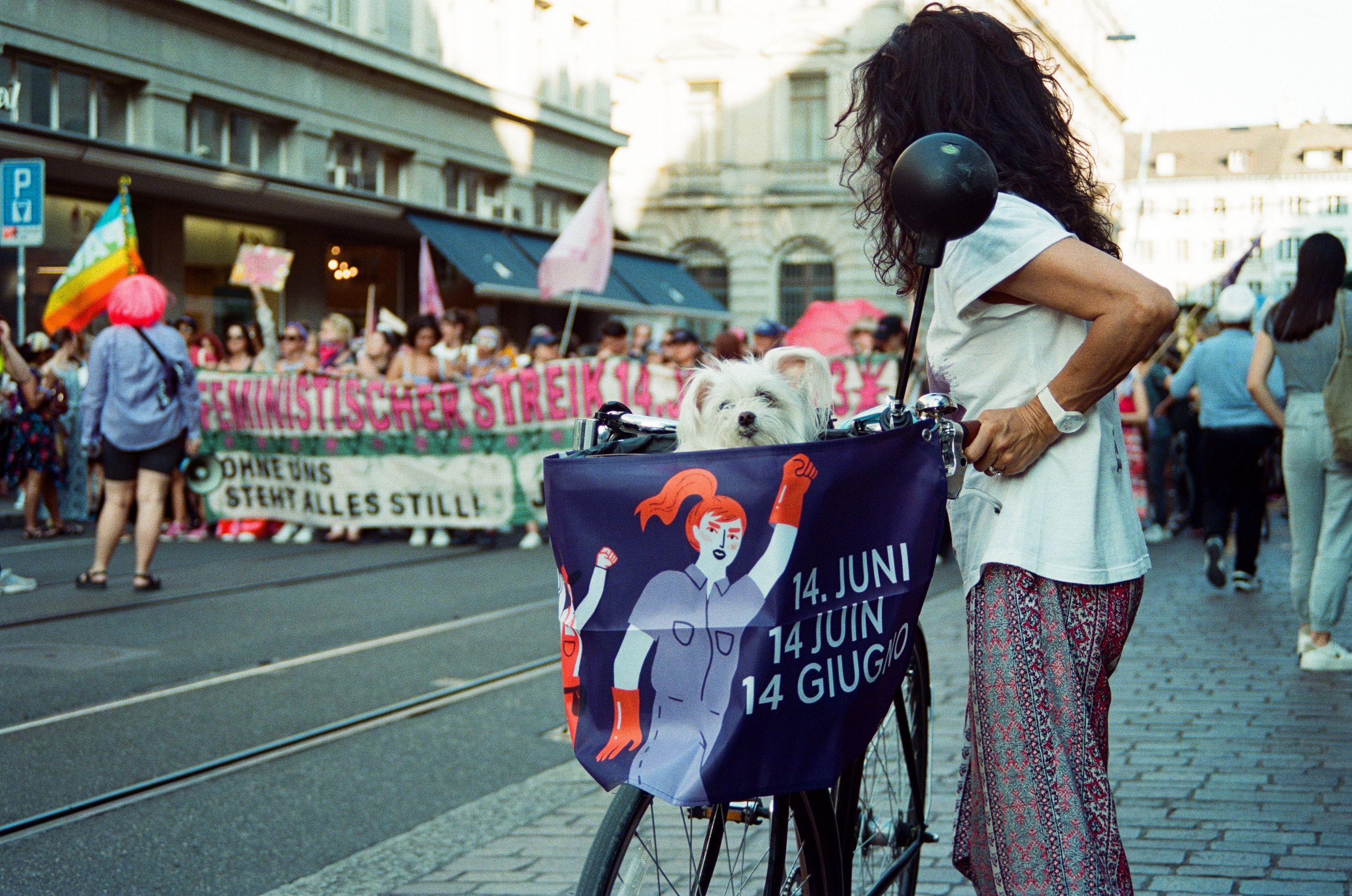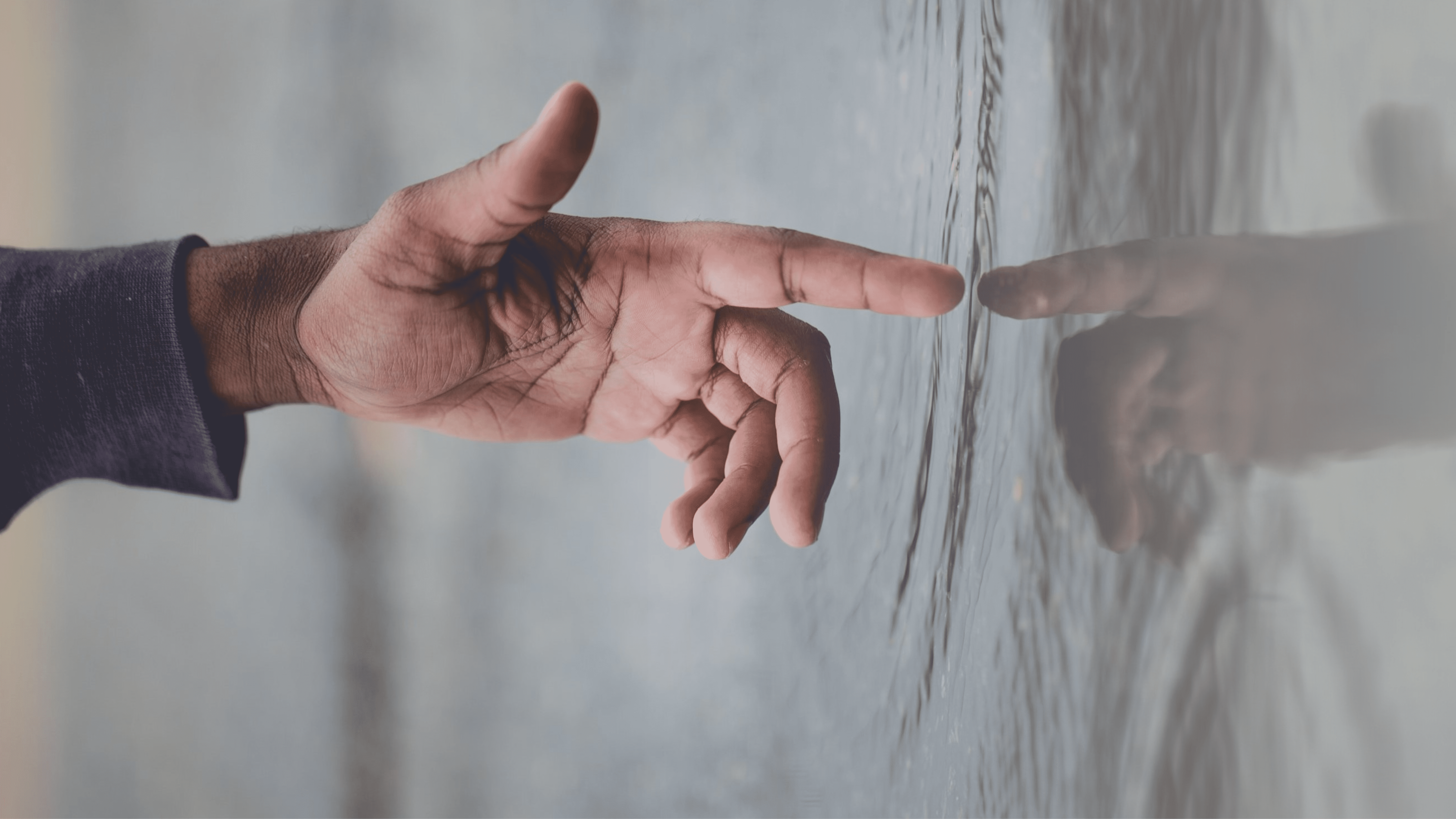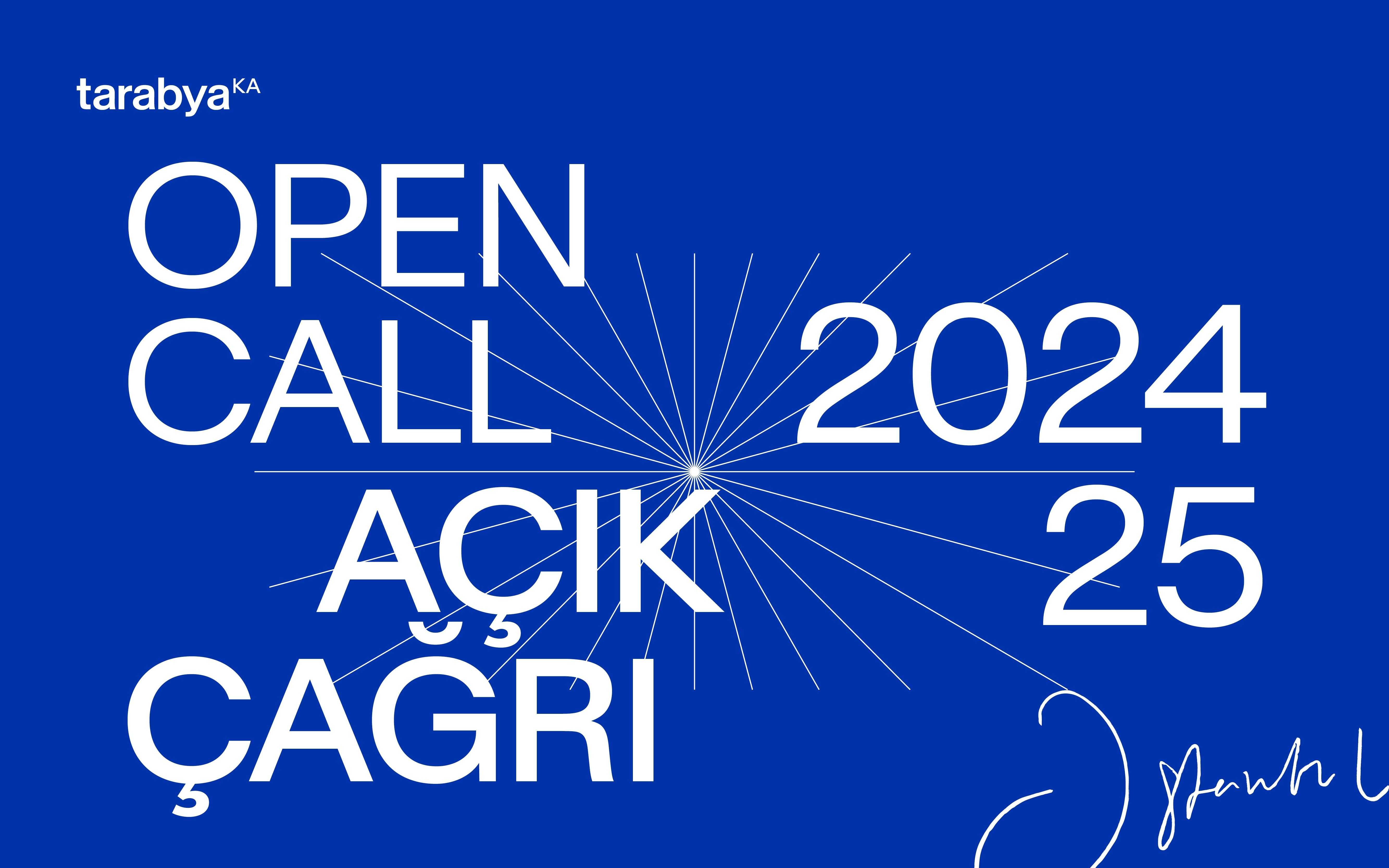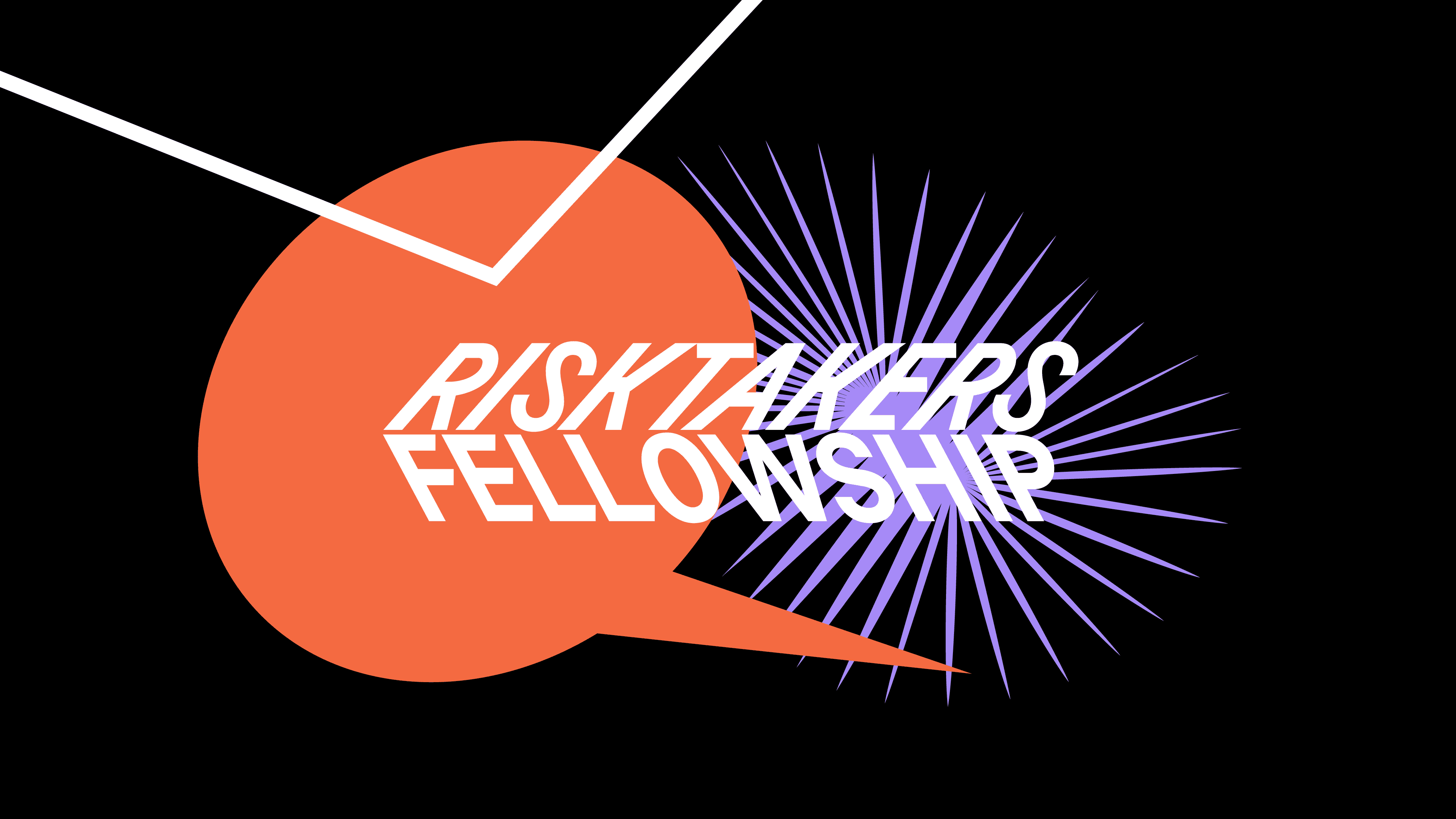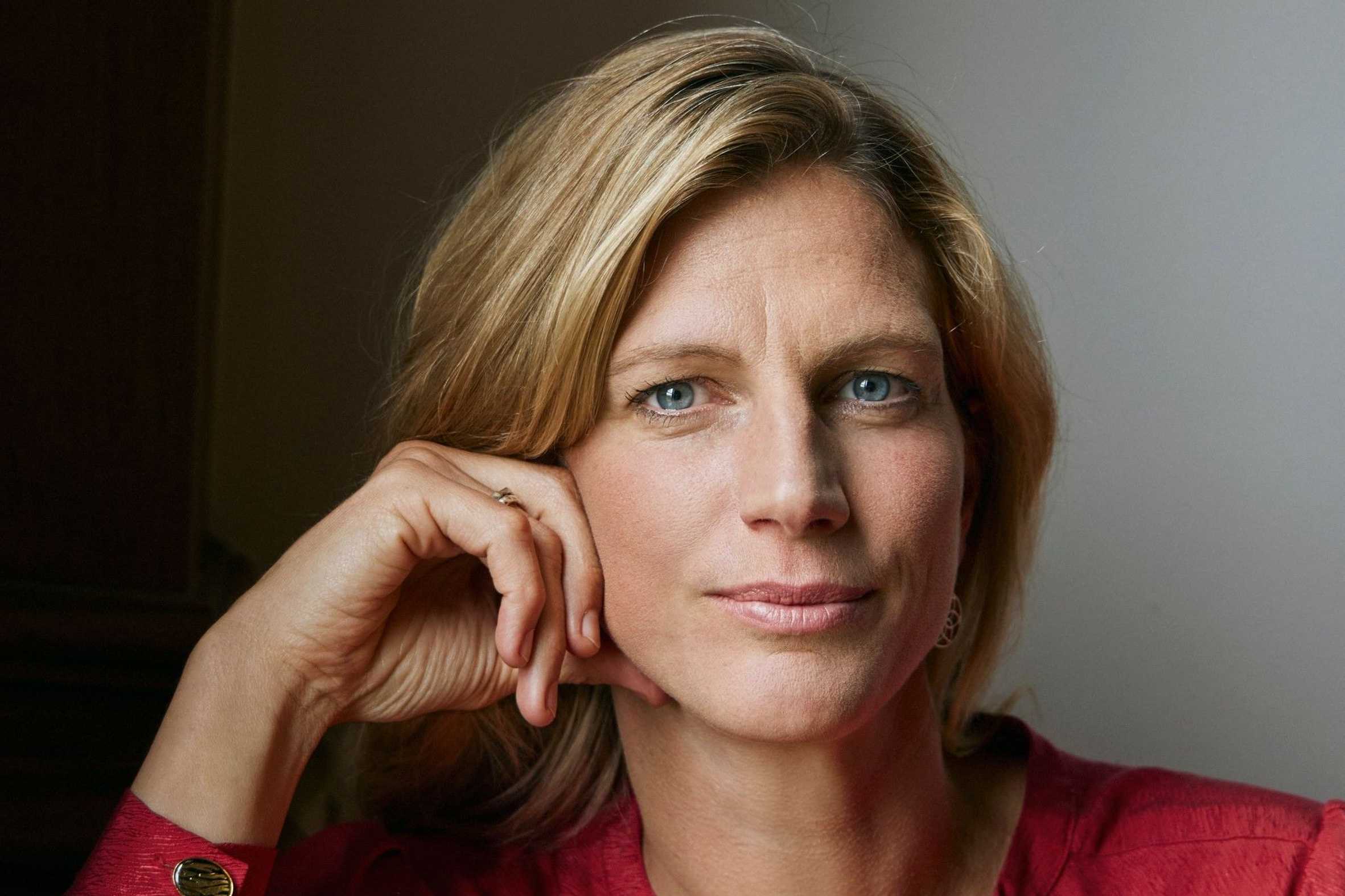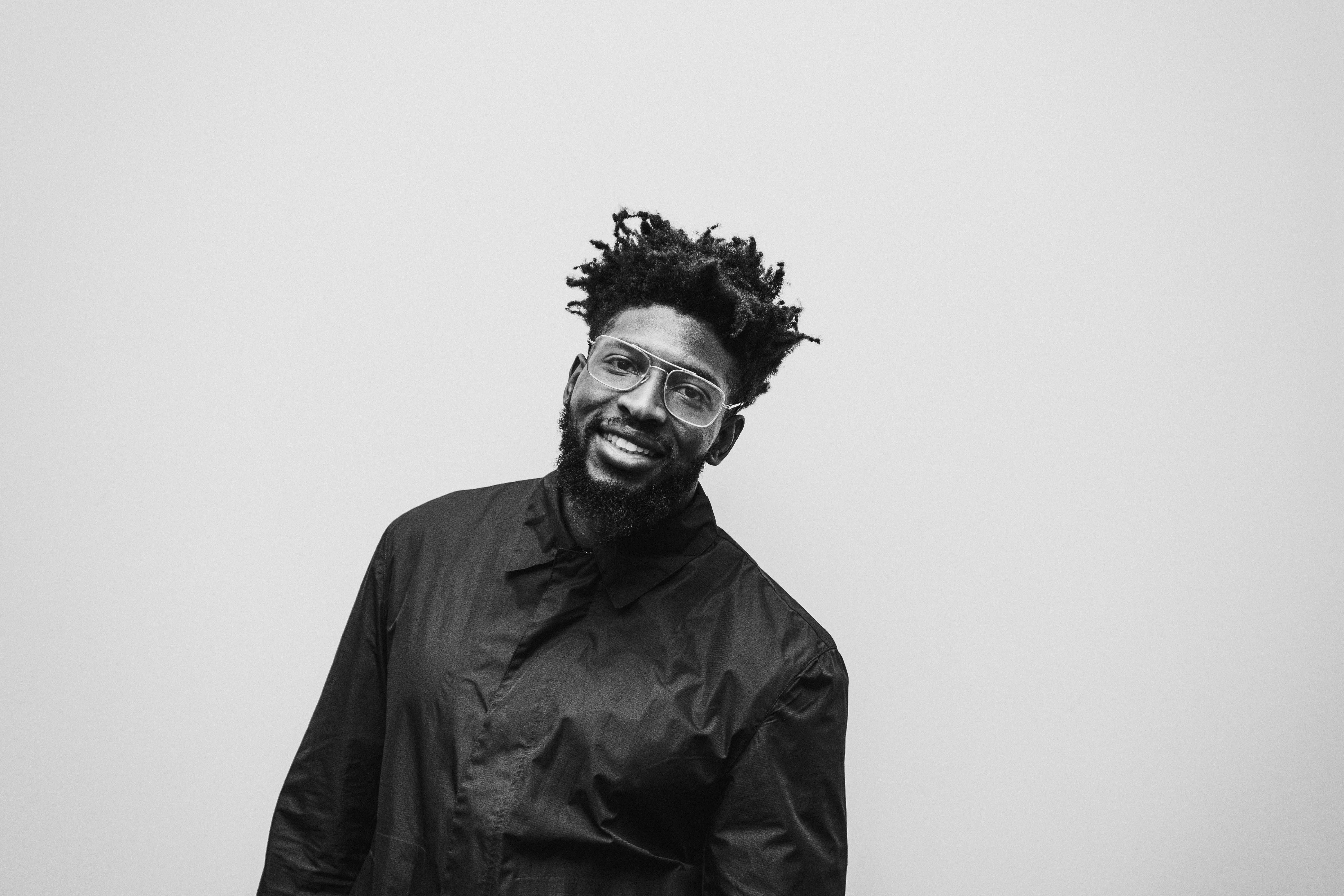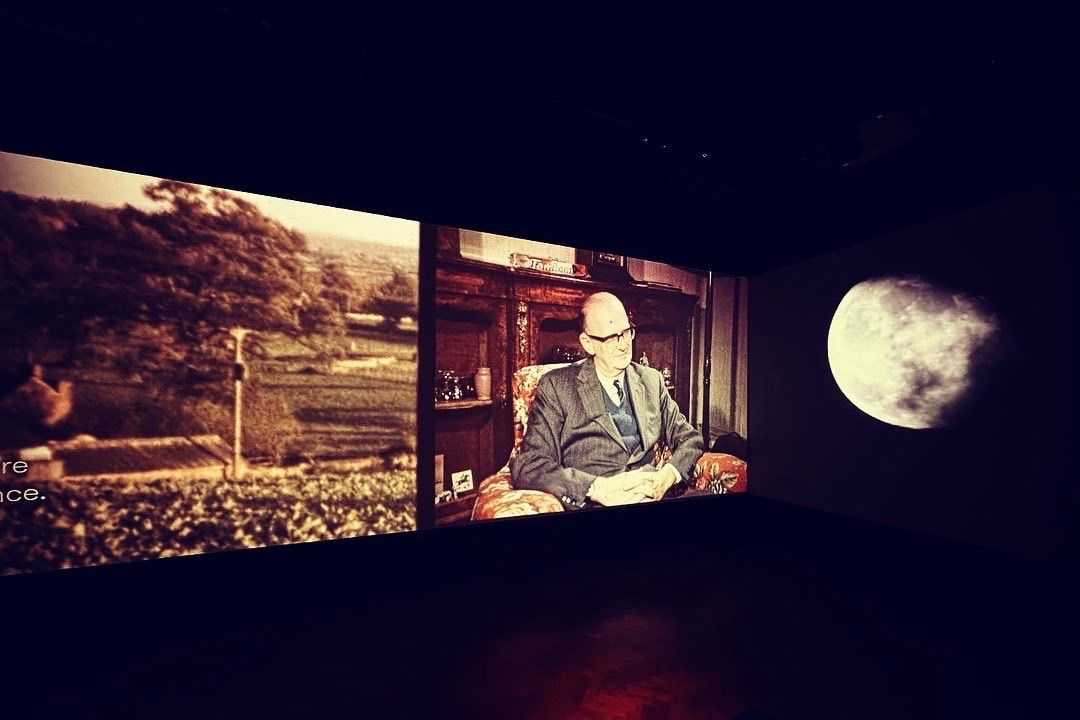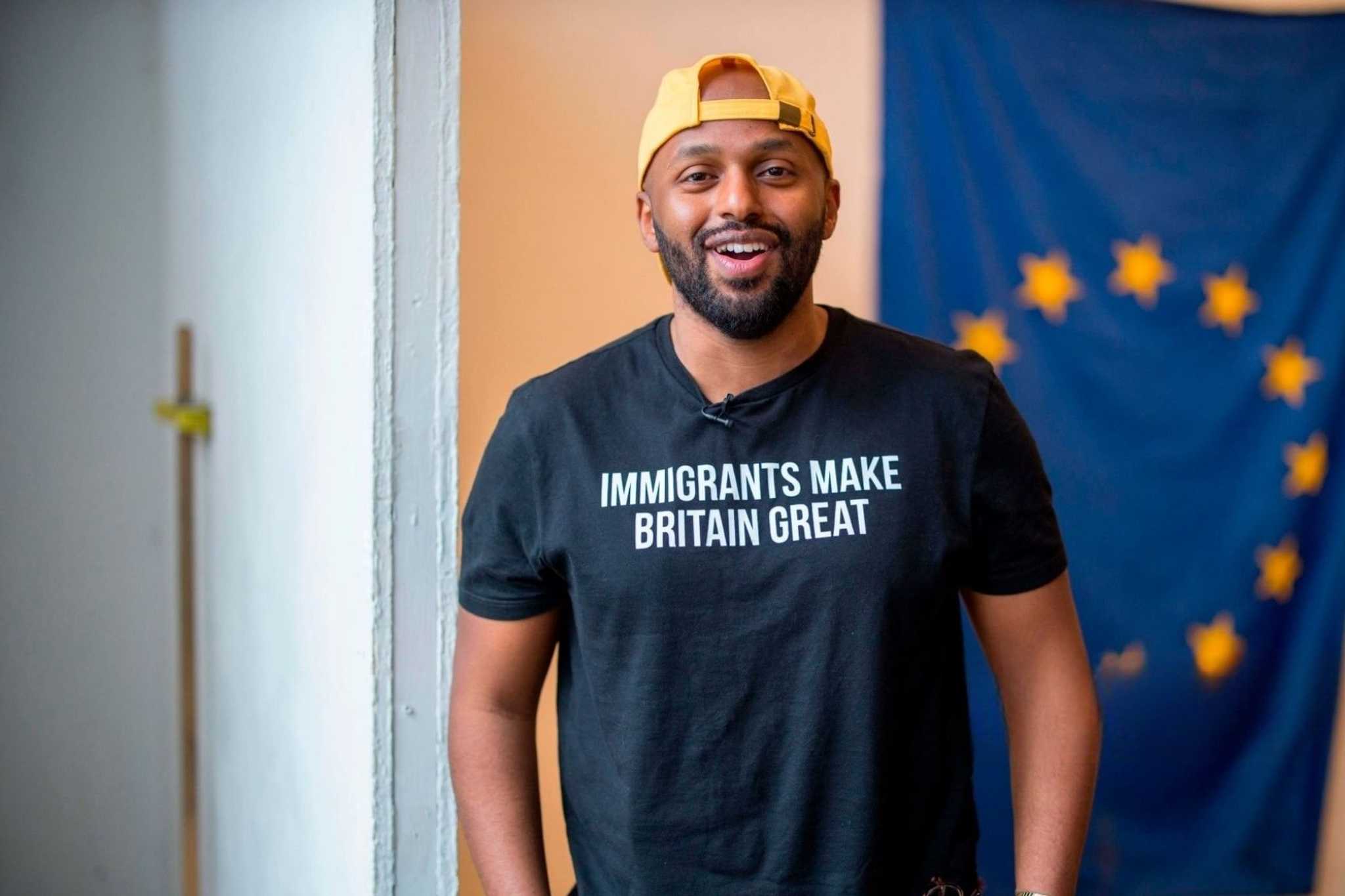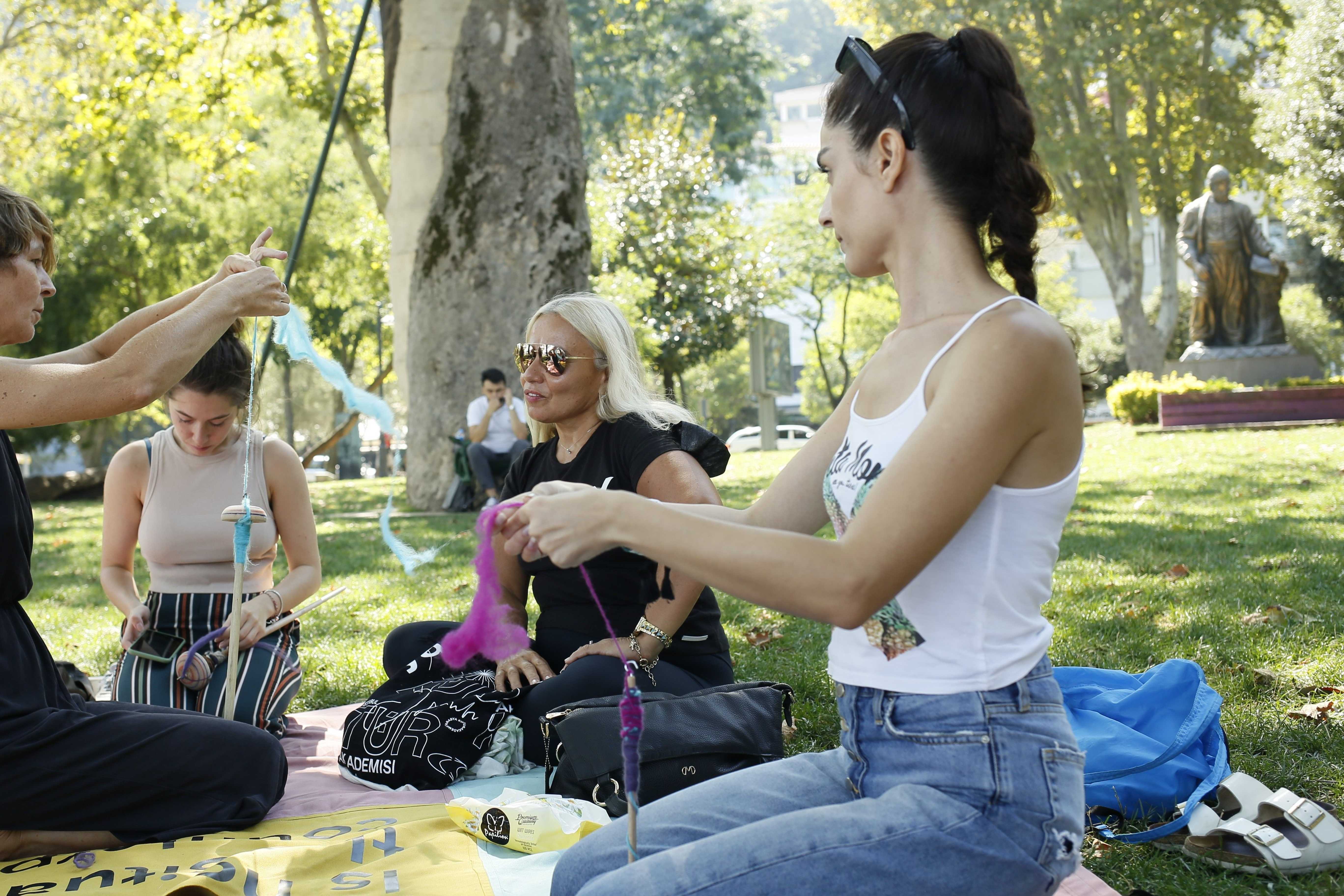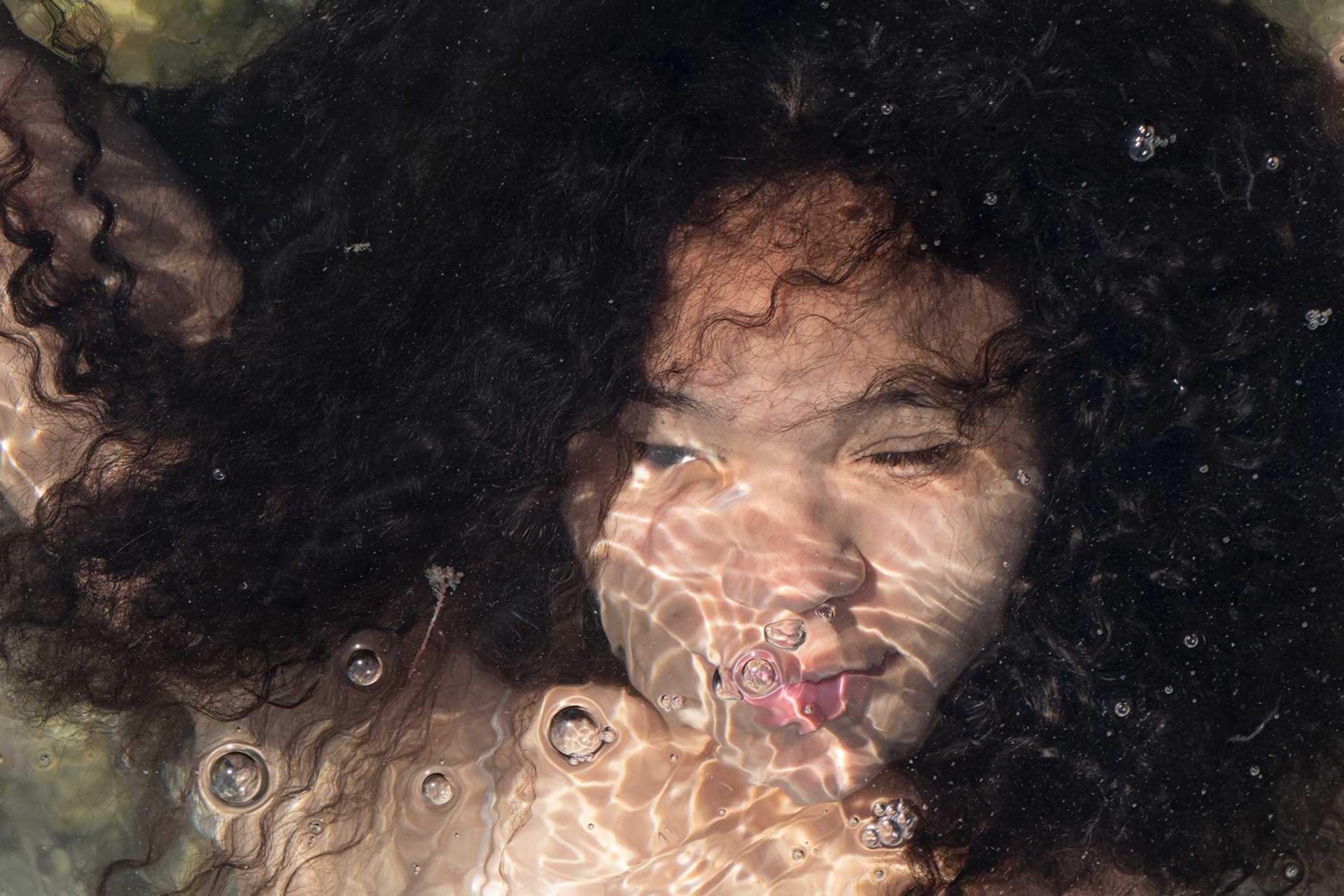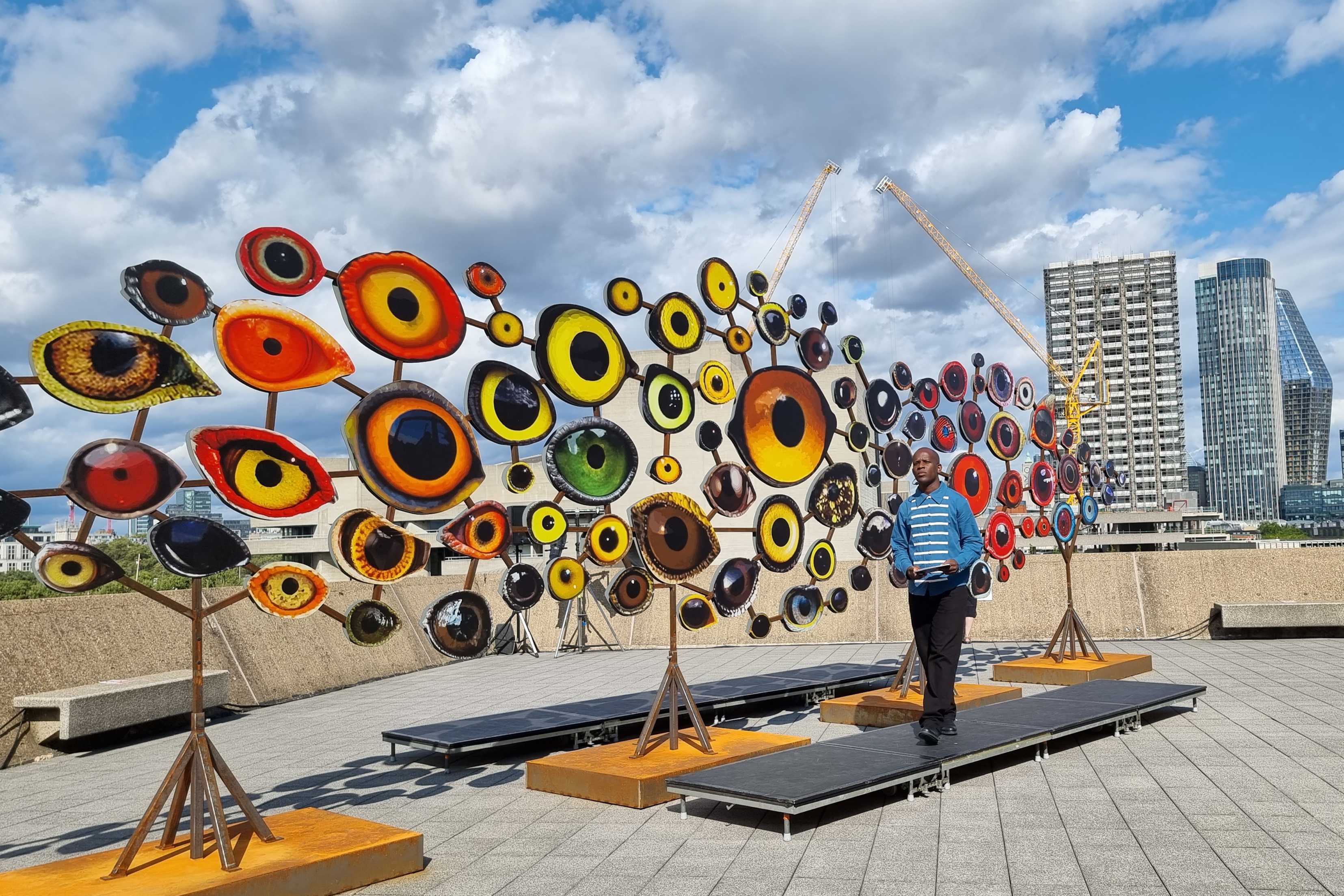+++ APPLICATION DEADLINE ALREADY EXPIRED +++
The most precious things are sometimes the most fragile: Take for example our planet’s thin atmosphere that makes it possible for us to breathe and live, as well as the networks of relationships we have with one another, within and in between societies, and with our environment.
There is enormous political, technological and social pressure weighing on those connections supported by trust and care, empathy and respect. Authoritarianism, the hardening of ideologies, discrimination and exclusion, the insistence on destructive forms of economy, the exploitation of planetary resources, a polarizing media environment – this all produces concerns that we are crossing tipping points – socially and environmentally. For decades now, we have been aware of the dysfunctional relationship between people and their natural environment. Recently, an increasing number of cracks have become visible between former allies. There is a dissolving of alliances that have grown over the years.
There is also reason for hope. Networks have held their ground, even under increasing pressure, and new alliances based on trust have emerged. This is where the Allianz Foundation’s grant program comes in. With this call, we aim to support committed actors from the fields of European civil society, arts and culture as well as climate and the environment in building and maintaining resilient structures and continuing to fight for just futures within our planetary boundaries. Because that which seems fragile can turn out to be surprisingly sturdy.
